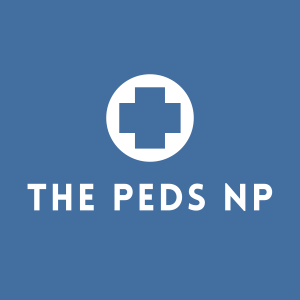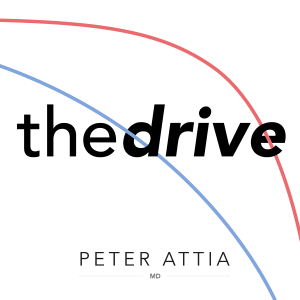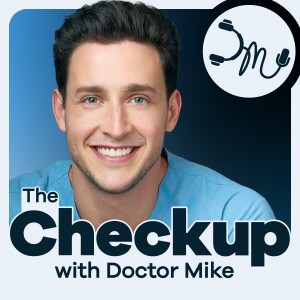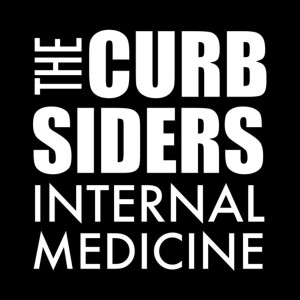

There are many factors that contribute to the way we perceive and interpret information... and lots of ways that our brains skew our perspectives that can lead to cognitive bias. The second episode in our Cognitive Bias in Healthcare mini-series discusses the features of information delivery that impact our decision-making and how our brains distort them to cause diagnostic error.
References:
Arokszallasi, T., Balogh, E., Csiba, L., Fekete, I., Fekete, K., & Olah, L.. (2019). Acute alcohol intoxication may cause delay in stroke treatment – case reports. BMC Neurology, 19, 14. https://doi.org/10.1186/s12883-019-1241-6
Berkwitt, A., & Grossman, M. (2014). Cognitive bias in inpatient pediatrics. Hospital pediatrics, 4(3), 190–193. https://doi.org/10.1542/hpeds.2014-0002
Clark, B. W., Derakhshan, A., & Desai, S. V. (2018). Diagnostic Errors and the Bedside Clinical Examination. The Medical clinics of North America, 102(3), 453–464. https://doi.org/10.1016/j.mcna.2017.12.007
Croskerry, P., Singhal, G., & Mamede, S. (2013). Cognitive debiasing 2: impediments to and strategies for change. BMJ quality & safety, 22 Suppl 2(Suppl 2), ii65–ii72. https://doi.org/10.1136/bmjqs-2012-001713
Galvani, A. P., Parpia, A. S., Foster, E. M., Singer, B. H., & Fitzpatrick, M. C. (2020). Improving the prognosis of health care in the USA. Lancet (London, England), 395(10223), 524–533. https://doi.org/10.1016/S0140-6736(19)33019-3
Mamede, S., Splinter, T.A.W., Gog, T., Rikers, R., & Schmidt, H.G. (2012). Exploring the role of salient distracting clinical features in the emergence of diagnostic errors and the mechanisms through which reflection counteracts mistakes. BMJ Quality & Safety, 21, p. 295-300. doi:10.1136/bmjqs-2011-000518
Marshall, T.L., Rinke, M.L., Olson, A.P.J., Brady, P.W. (2022). Diagnostic error in pediatrics: A narrative review. Pediatrics, 149 (Supplement 3): e2020045948D. 10.1542/peds.2020-045948D
More Episodes
All Episodes>>Create Your Podcast In Minutes
- Full-featured podcast site
- Unlimited storage and bandwidth
- Comprehensive podcast stats
- Distribute to Apple Podcasts, Spotify, and more
- Make money with your podcast












